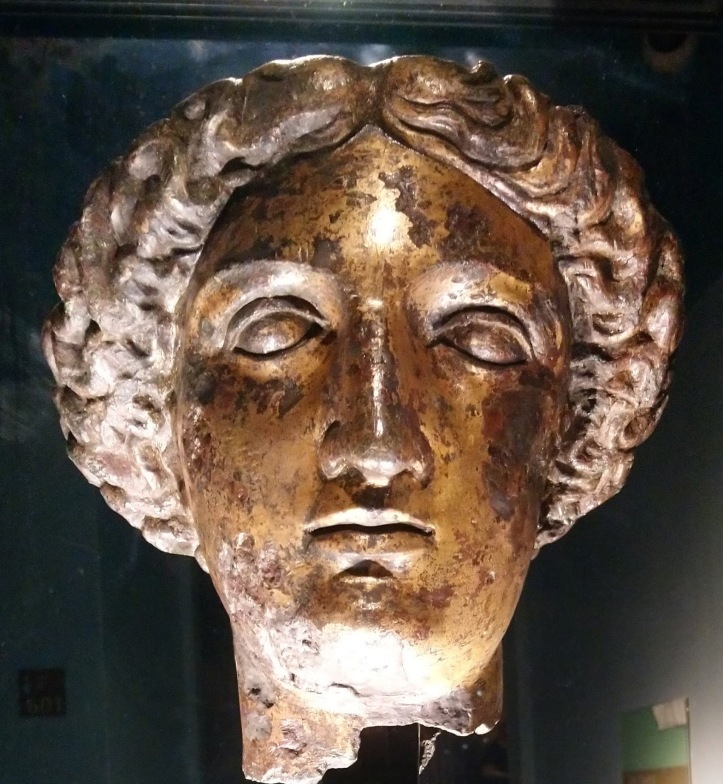why I love museums and why you should too

I admit I’ve never been employed as a full time museum official, but I’ve volunteered, given plenty of talks at museums and above all I use museums as resource for research. I have travelled all over the world for that purpose and I’ve worked on documentaries in and around museums. Because of this, I’m very aware of their utility in society; I am curious about how writers and researchers like me who don’t actually work as museum officials can bring my own museum experience into the mix, and contribute to making museums great. My background as a media producer is also very relevant because, increasingly, museums are reliant (possibly even overreliant) on the media to attract attention, sometimes funding, and even sometimes just to fight for their lives.

I believe that museums are incredibly undervalued, especially by students who may not realize the wealth of knowledge they offer. Whether it’s exploring their archives or immersing oneself in their captivating displays, there are invaluable lessons to be learned from museums that cannot be obtained elsewhere.
The question that fascinates me is: How can the leaders of museums genuinely engage with their audiences? How can we ensure that museum studies encompasses the diverse needs of museum professionals, enabling them to effectively collaborate with media producers and articulate their requirements?
Moreover, I am captivated by the museum’s pivotal role as the creator, guardian, instigator, and nurturer of ever-evolving concepts of cultural heritage. In a way, the museum serves as the pivot around which numerous underappreciated facets of our society revolve. It is undeniably challenging to operate a museum in this regard, yet it presents immense opportunities for meaningful communication and community engagement.
This blog post reflects my deep passion for museum education and the integration of museums into various realms of the creative industry, rather than asserting expertise in museums from an academic standpoint. However, I am undoubtedly an expert in harnessing their resources extensively.

But of course, there is another reason to love museums. They are infinitely fascinating. I mean, the stuff in them is. And if it is organised and presented well, even the most on-the-surface-banal stuff is made astounding.
Take the brand new National Museum of Egyptian Civilisation in Cairo. Firstly, it is a marvel of museum design and architecture—truly stunning. And of course, it has breathtaking artefacts from every period of Egyptian history: portraits of the first modern King, Muhammad Ali, exquisite textiles, including coverings made for the Kaaba in Mecca, Greco-Roman and Pharaonic artefacts and even amazing prehistoric things. It is an incredible panorama of the most enduring civilization of Earth. By the way I am writing a bigger post on this amazing museum so watch this space.
So putting together a museum like this is not easy even if you have all of this bounty because you have three big problems:
- what to include and what to exclude?
- how to treat everything with respect and also honesty?
- how to make it accessible to visitors?
Museum officials are faced with a multitude of tasks that demand deep expertise in materials, as well as a thorough understanding of communication. Above all, they must never preach or condescend to their audience. The NMEC is truly admirable because it addresses the audience with absolute respect. It effectively communicates history, enabling the viewer to learn from it without imposing any ideology.
Ultimately, my life as The Art Traveller mainly revolves around museums. They are pivotal to my art travels as I explore the world’s museums and document my experiences. I rely on them as valuable resources for my books and as sources of inspiration for the artworks and exhibitions I curate. Long live museums!
You must be logged in to post a comment.